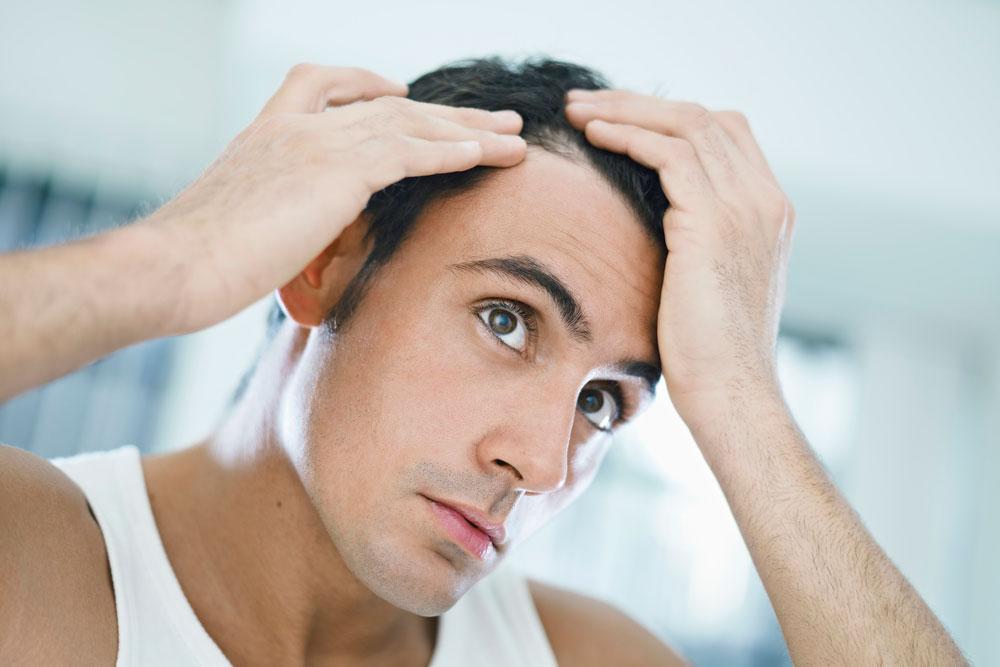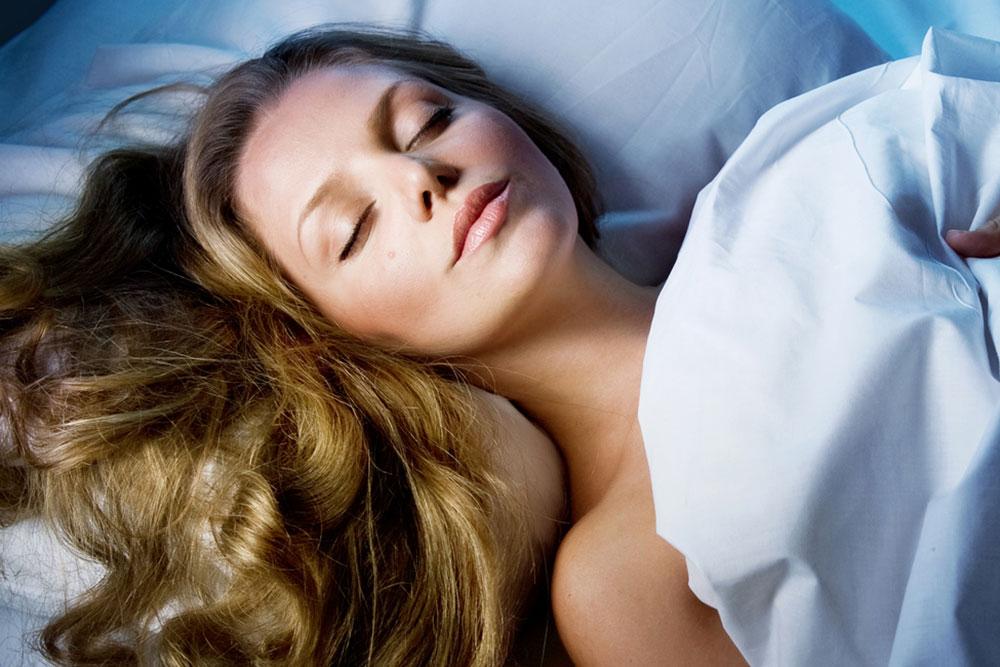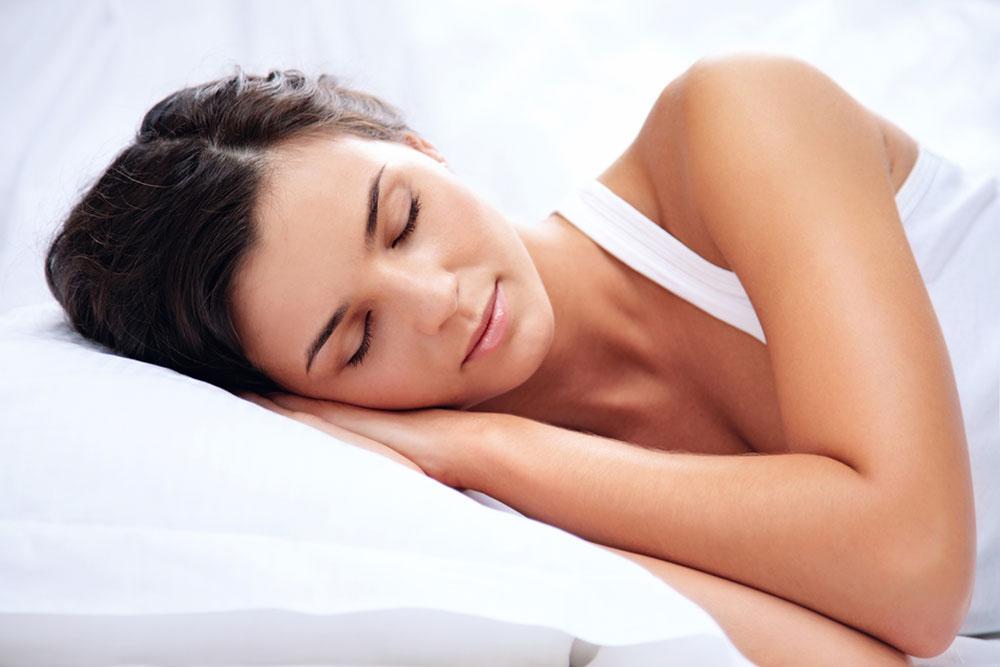Hair loss or alopecia is a problem that affects people of all ages and although it mostly affects men, unfortunately it does not bypass women. The baldness process can last up to several years, then we observe how our hair gradually weakens, becomes thinner, and finally disappears completely. It happens, however, that it progresses much faster then during everyday cosmetic and styling procedures we notice considerable hair loss. In men, baldness is most often manifested by the receding hairline on the temples and forehead, i.e. curves, while in women the symptom is intense thinning of hair beginning in the middle of the head.
Today, a little about what is the most common cause of baldness and can you stop hair loss?
Why are we losing hair?
Alopecia recorded in the genes - i.e. androgenic, although it really concerns the hormonal changes taking place in our body, most often we get them inherited from our grandparents and parents. Don't worry, however, inheriting this ailment is not always the rule.
- Stress - chronic stress weakens our body, which, unfortunately, also affects our hair. It is he who can cause the inhibition of hair growth and damage their structure, which unfortunately is manifested by gradual weakness and loss.
- A bad diet - the form our hair is in, also depends largely on what we eat. If our diet is low in vitamins and minerals necessary for the body, we are exposed to baldness, among others. Healthy hair needs a proper daily dose of iron, vitamin A, beta-carotene, zinc, copper, silicon and magnesium. So make sure that your plate does not run out of products that will secure their proper level in the body.
- Thyroid disease - alopecia is very often one of the symptoms of the malfunction of this small gland and occurs with both hypothyroidism and hyperthyroidism.
- Hormonal disorders - excessive hair loss often accompanies hormonal disorders. It affects women in the perinatal period or during menopause, and even when using hormonal contraception.
- Scalp diseases - seborrheic dermatitis, psoriasis, dandruff and mycosis are very often responsible for the weakening of the hair roots, which in turn leads to baldness.
- Chemotherapy - hair loss is one of the side effects of chemotherapy, fortunately it is temporary and after the treatment the hair grows back, often much stronger and denser.
Hair loss can also be caused by some very high fever infections, medications, and even too cold air.
How to help your hair and fight against hair loss?
Care
If you want to have healthy and beautiful hair, you must remember about proper care. Try to choose shampoos that contain the least amount of chemicals and fragrances that irritate the hair and scalp. At least once a week, perform a gentle peeling that will cleanse the scalp of sebum, residues of styling cosmetics and dust. Try to regularly use strengthening, nourishing, regenerating and, if necessary, moisturizing masks that will make your hair look healthy and be less prone to falling out. If you don't have to, try not to use hair dryers, let the hair dry automatically, warm air adversely affects both the structure of the hair and the scalp. However, if you decide to color, choose organic products that will not be an additional burden for your hair.
Go to a specialist
When baldness becomes a problem, home remedies for hair will certainly not be enough. Then it is worth taking advantage of the benefits of aesthetic medicine and opt for mesotherapy, for example. It is a procedure that involves injecting scalp with substances that stimulate hair growth and inhibit the baldness process. Vitamin cocktails, amino acids and micronutrients injected under the skin will additionally renew and regenerate thin hair. So you can enjoy beautiful and healthy hair. A very effective method of combating excessive hair loss is injecting the scalp with platelet rich plasma obtained from the patient's blood. Thanks to it, hair bulbs are stimulated and after a few months we can see the appearance of new, often stronger hair. However, to achieve the desired effect, one treatment is not enough. There should be several of them, initially at three-week intervals. Then the break may be longer.
Remember, if the hair so far suddenly begins to fall out, become greasy or notice a lot of dandruff on your clothes, you should go to a specialist doctor who will examine your scalp thoroughly, order appropriate treatment or refer you for further diagnostics.



